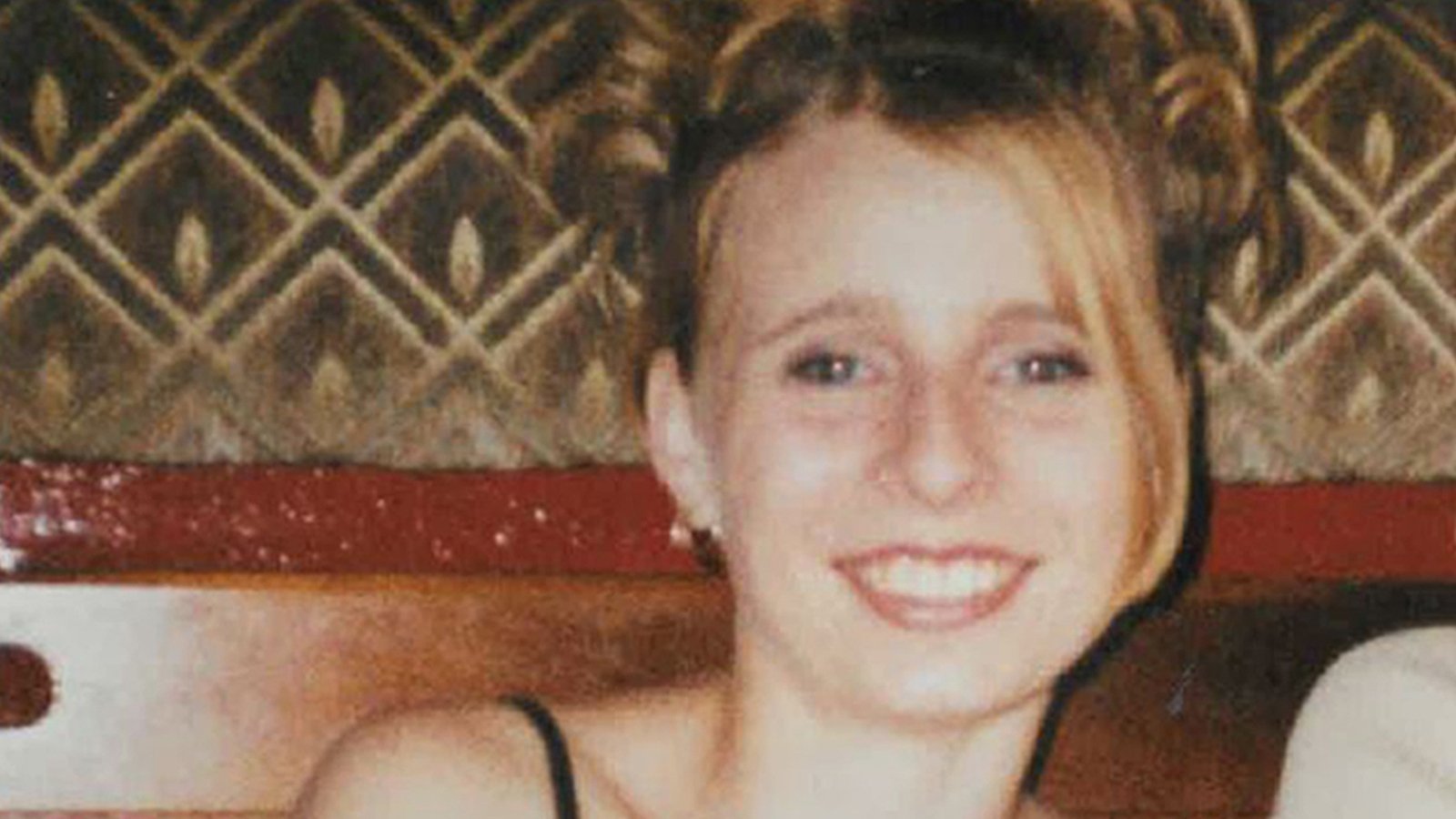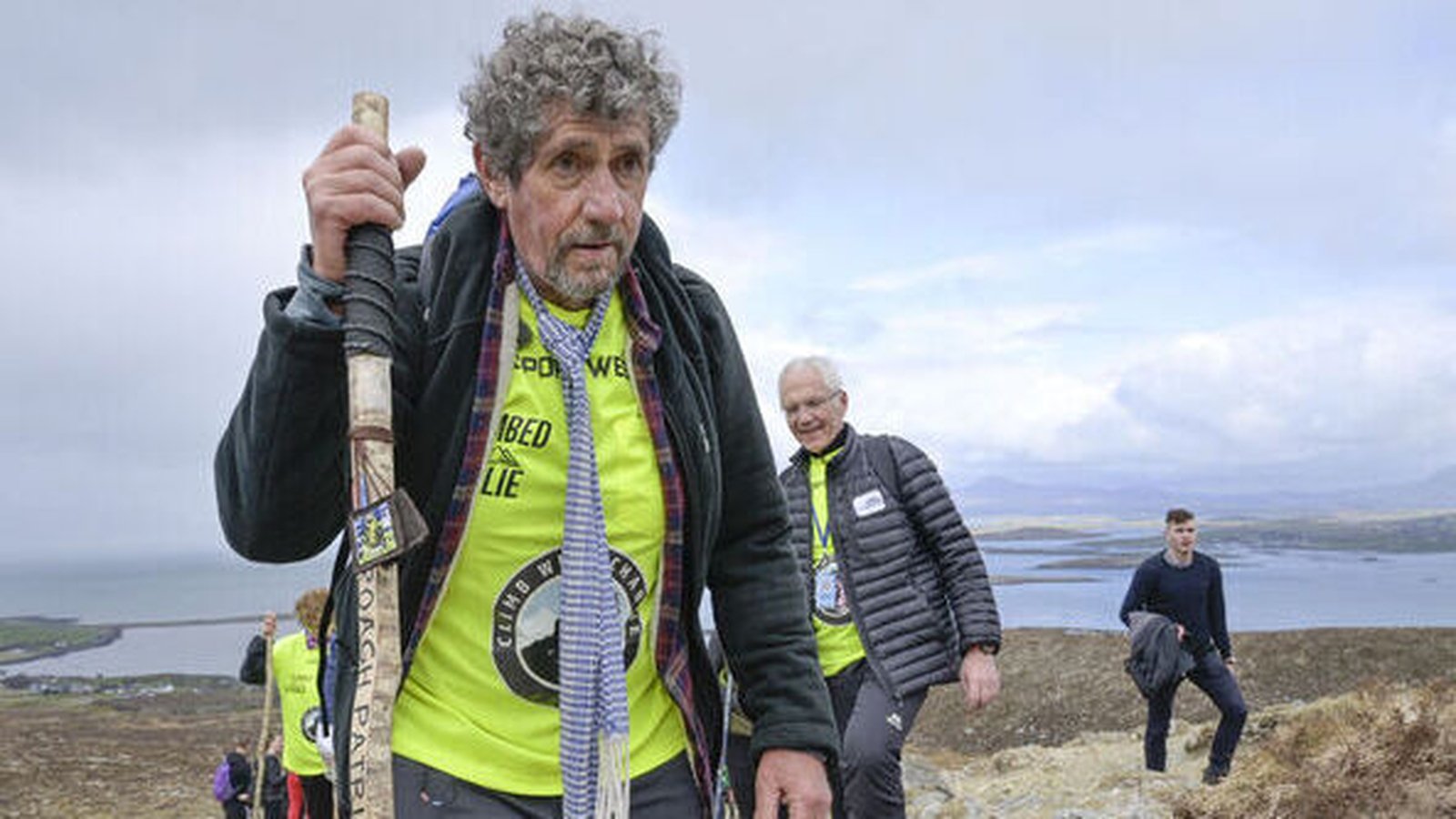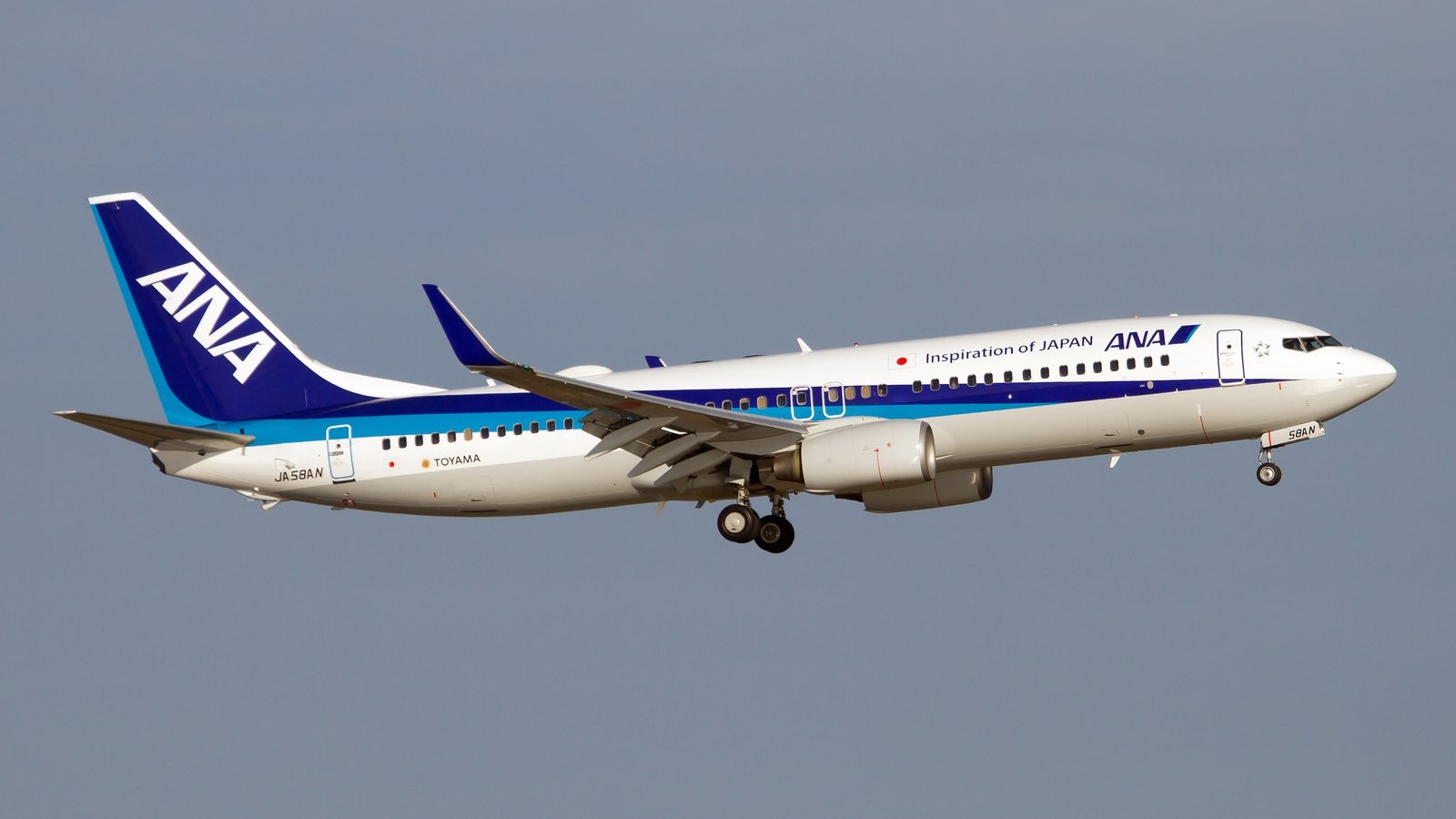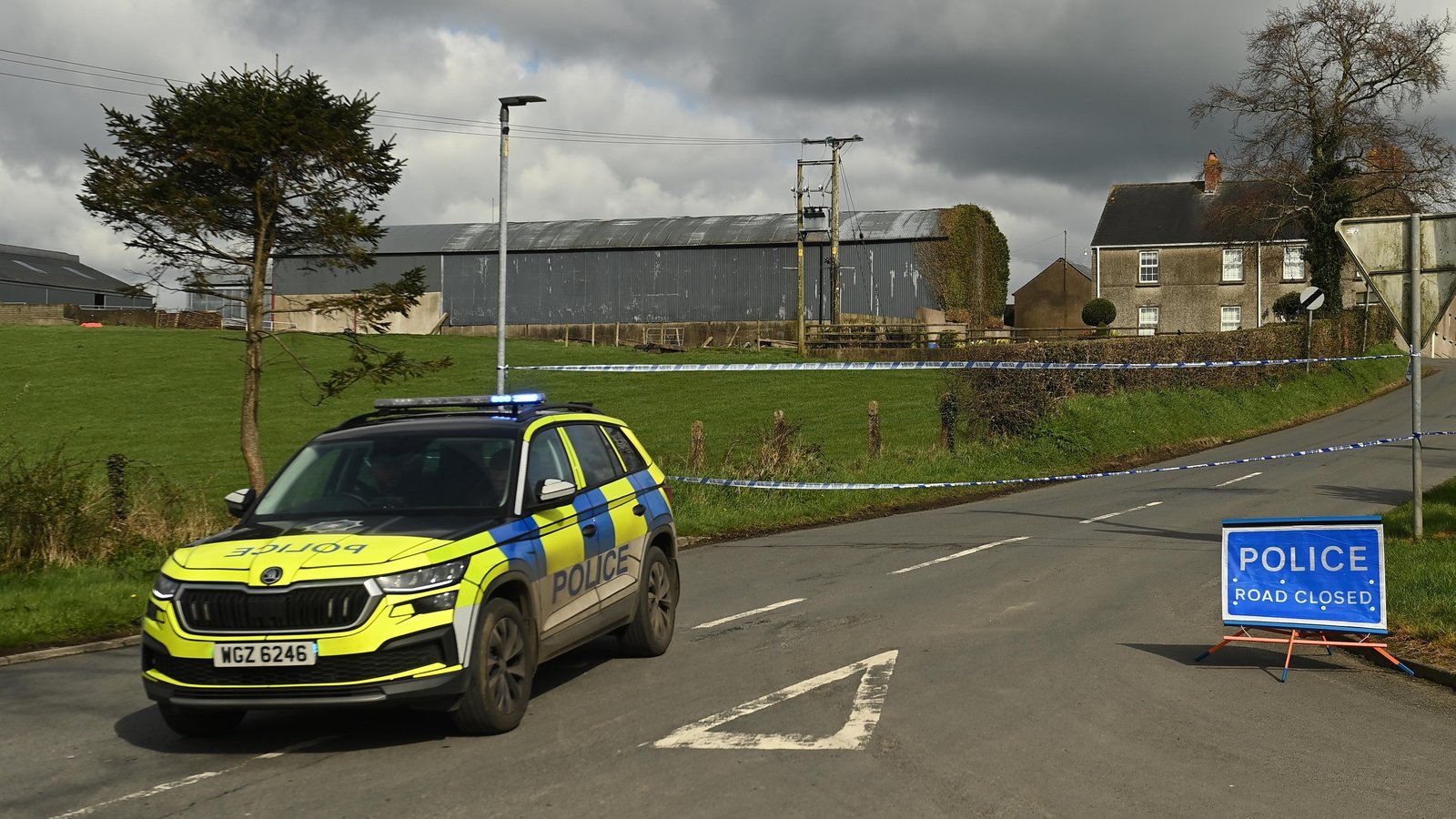Can a Russian opposition exist after Navalny?
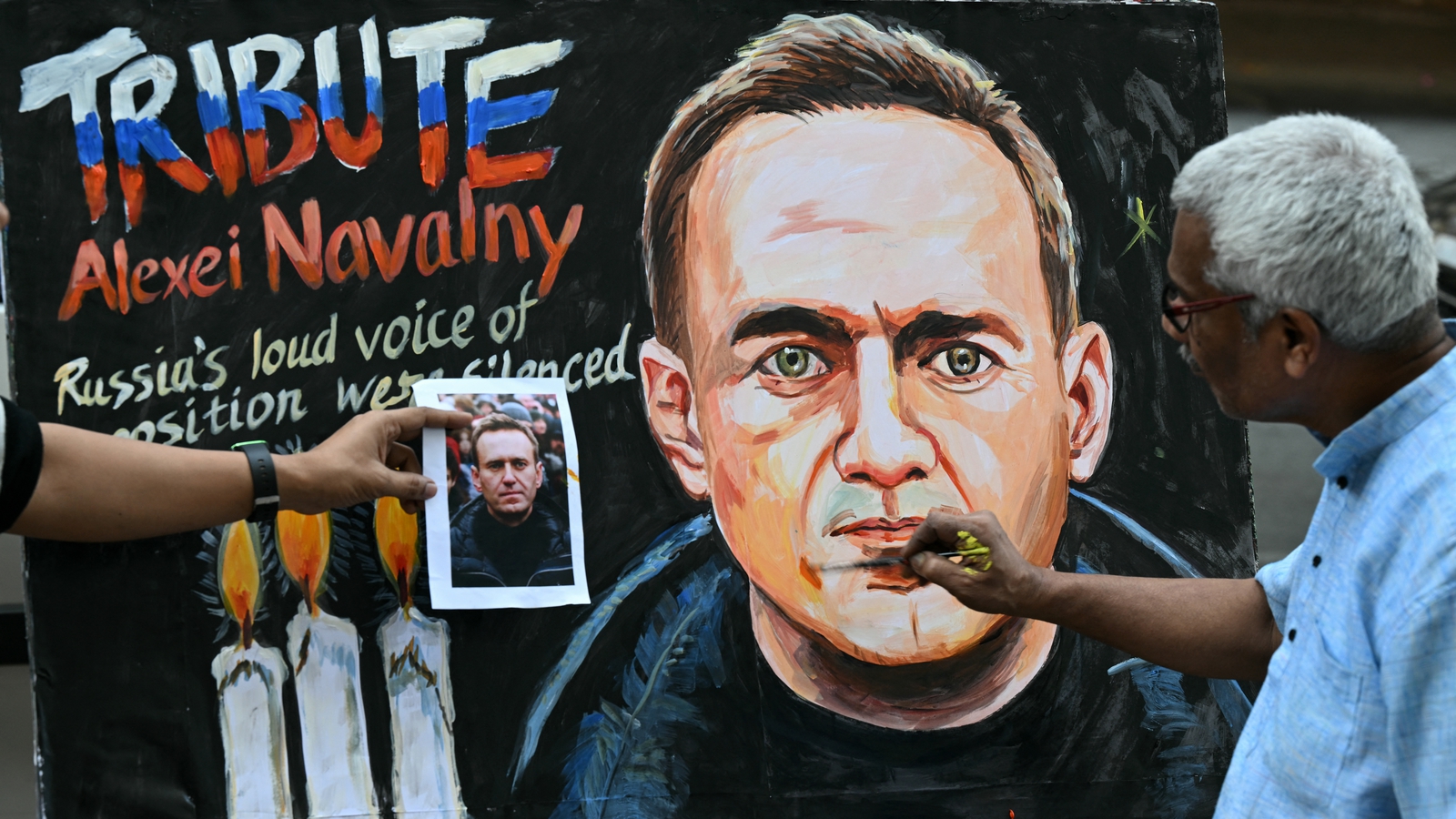
Russian opposition leader Alexei Navalny’s death in an Arctic jail was not unforeseen.
But it was still a shock to democracies around the world.
Imprisoned for the past three years, often in solitary confinement, his life was always in danger.
The few grainy video images of his most recent court appearances in a Russian penal colony showed a thinner man than the one whose robust build had led opposition rallies for more than a decade.
Yet, Mr Navalny, a lawyer who became the voice of Russia’s pro-democracy movement in the years following a rigged presidential election in 2012, still stood tall.
He continued to smile and joke when filmed on camera, lest his captors get the better of him, even when, last April, an extra 19 years were added to his previous 11-year sentence.
Authorities had already declared three organisations set up by Mr Navalny and his team, including the Anti-Corruption Foundation, to be “extremist” in June 2021.
Mr Navalny came close to death in September 2020, falling ill after boarding a domestic flight from Siberia.
Medical teams that treated him in Germany during his recovery confirmed he had been poisoned with a Soviet-era nerve agent.
The Kremlin denied any involvement.
In January 2021, Mr Navalny bravely returned to Russia from Germany knowing he would face certain imprisonment, for bogus charges invented up by the regime.
“If they decide to kill me, it means that we are incredibly powerful,” Mr Navalny said in an eponymously entitled Netflix documentary from 2022 about his fight to bring democracy to Russia.
“The only thing necessary for the evil to triumph is for good people to do nothing,” he said.
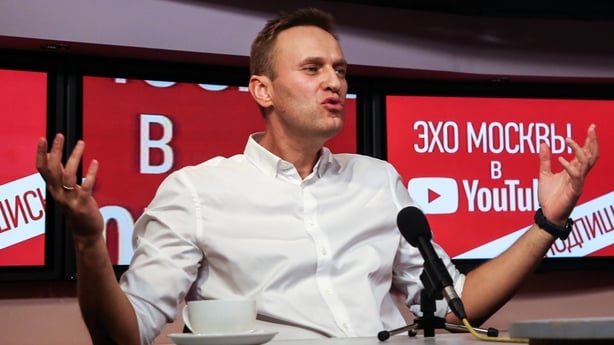
So where does Mr Navalny’s death leave Russia’s exiled pro-democracy campaigners or silenced supporters at home?
In Russia itself, the immediate future for the opposition looks bleak.
State authorities began to ramp up their restrictions on opposition groups in 2014, the year Russia annexed Crimea and started its earlier proxy war against Ukraine.
The few regional governors who opposed the Kremlin’s autocratic regime have either been imprisoned or gone into exile.
Dmitry Nekrasov, an economist who worked in the Kremlin until 2010 before joining the opposition, told RTÉ News, that he does not believe the term “opposition” can even be used for those that oppose the regime either outside or within Russia today.
“An opposition is something that can affect something in the country, and right now, we can’t affect anything,” said Mr Nekrasov, who went into exile in 2020 and currently lives in an EU member state.
Mr Nekrasov was executive secretary of the Opposition Coordinating Council, a coalition of opposition groups which Mr Nalvany led during 2012 and 2013.
“We were an opposition before 2013. Right now, we’re more dissidents, like in Soviet times,” he said.
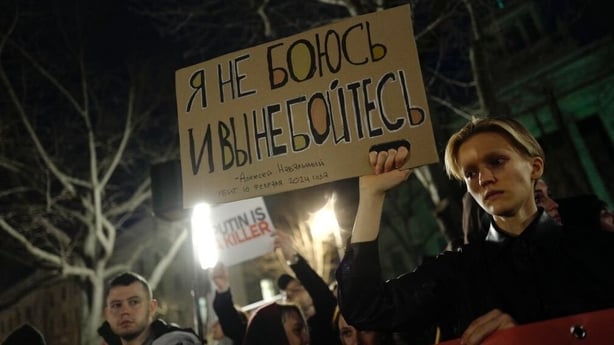
Since Russia’s full-scale invasion of Ukraine in February 2022, authorities have crushed almost all displays of public dissent.
Spreading what the Kremlin deems to be ‘fake news’ about the war, or what it calls the ‘Special Military Operation’, is punishable by up to 15 years in prison.
People either stay quiet or go into exile.
Supporters of Russian opposition groups, including those who were close to Mr Navalny, are now scattered throughout Europe.
Only the very brave and fearless risk arrest in Russia.
Small numbers of people did just that on Friday and Saturday after hearing about Mr Navalny’s death.
170 people have so far been arrested, according to OVD-Info, a Russian human rights group, for laying flowers at Soviet-era monuments in Russian cities to honour Mr Navalny.
That reaction suggests the Kremlin is determined to crush any hint of protest before it spreads.
Russian state media has under-reported Mr Navalny’s death, failing to offer any details about his life or why he died.
Mr Nekrasov said he believed Mr Navalny’s decision to return to Russia “was a mistake”.
“Being outside Russia, writing something, organising some events against the regime, he would be [have been] much more helpful,” he said.
In four weeks’ time, Russians will vote in a presidential election.
But it will not be a fair vote.
Mr Putin will win another six-year term to remain as president until 2030. By that stage, he will rule Russia for three decades.
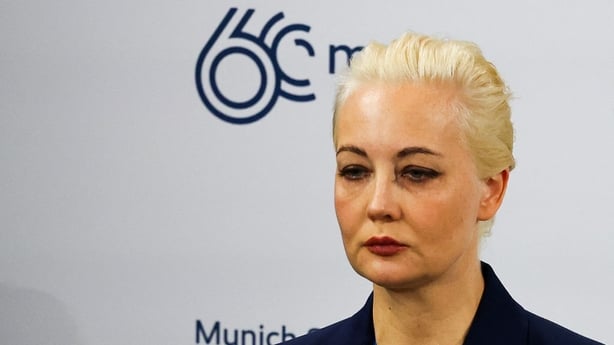
Mr Navalny’s wife, Yulia, said yesterday that if reports of her husband’s death are true, Mr Putin and the Kremlin leadership will be held responsible.
Yushenkov, Politkovskaya, Litvinenko, Magnitsky, Nemtsov.
They are just some of the names of other Russian politicians, journalists and activists who, over the past two decades, criticised Mr Putin’s regime and were later murdered.
Mr Putin feared Mr Navalny and the broad, now mostly exiled opposition movement that he came to represent.
His death leaves Russians who support democracy, both at home and abroad, without a recognisable leader.
The businessman Mikhail Khodorkovsky, once Russia’s richest man who spent 10 years in jail for challenging Mr Putin, is arguably the next most vocal critic of the Russian president.
But he has been in exile in the UK since his release from prison in 2013 and lacks a support base in Russia.
In an opinion piece for Politico yesterday, Mr Khodorkovsky called on Russians to write Alexei Navalny’s name on their ballot papers for the presidential election on 17 March.
It is a commendable gesture but unlikely to dent Mr Putin’s re-election.
A more practical strategy for election day is being proposed by a group called Action 12.
It has asked people to gather at polling stations at midday on 17 March and cast their ballots in person to reduce the chance of their votes being discarded.
Action 12 is calling the demonstration ‘Putin’s noon’.
“A lot of people who still live in Russia don’t show their real views. They stopped visiting social media to make posts on Facebook, or whatever, because you can be prosecuted for it,” said Mr Nekrasov.
“If you have democratic views and are against the war in Ukraine, it’s not easy to live in Russia right now.”
Without a leader and without the permission to protest, Russia’s opposition is silenced.
The coming days will prove if Mr Navelny’s death propels what remains of its support base out of the shadows.

